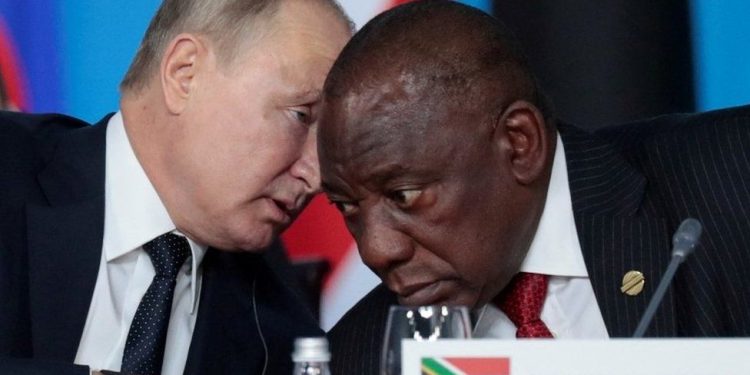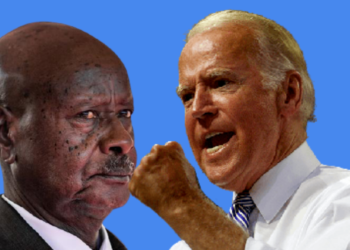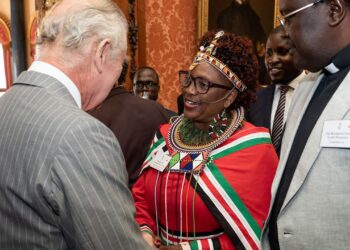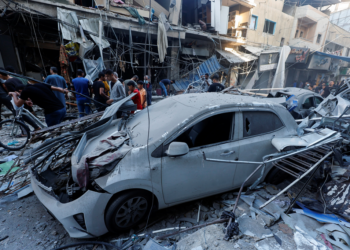South Africa is considering amending its law to grant itself the authority to decide whether to arrest leaders wanted by the International Criminal Court (ICC), according to statements made by Deputy Minister Obed Bapela to the BBC.
The proposed change comes at a time when speculation surrounds South Africa’s stance on its invitation to Russian President Putin to visit in August.
The ICC has issued an arrest warrant for Putin in connection with the Ukraine war, but it remains uncertain whether he will attend the Brics summit to which South Africa had initially invited him.
In the meantime, Pretoria has granted diplomatic immunity to Russian officials attending the summit, a move described as standard procedure by the foreign affairs department.
The Brics summit aims to strengthen ties among its member nations—Brazil, Russia, India, China, and South Africa. Deputy Minister Obed Bapela stated that the law amendment would be presented to parliament in June, granting South Africa the discretion to determine whom to arrest and exempt.
Currently, South Africa is obligated to arrest Putin upon his arrival due to its membership in the ICC. However, South Africa has chosen not to condemn Russia’s invasion of Ukraine, asserting its desire to remain neutral.
The ICC issued the warrant for Putin in March, accusing him of war crimes, although Moscow has rejected these allegations. The Democratic Alliance (DA), South Africa’s main opposition party, has filed a court application demanding that the authorities arrest Putin should he visit in August.
Deputy Minister Bapela mentioned that South Africa is also corresponding with the ICC regarding a waiver. This relates to Article 98 of the Rome Statute, the treaty establishing the court in 2002.
While Article 27 states that no one is immune from prosecution by the ICC, Article 98 appears to suggest that the ICC cannot request South Africa to arrest the Russian leader unless Russia agrees to waive Putin’s immunity from prosecution.
Bapela criticized the ICC for what he perceived as double standards, stating that the late Nelson Mandela, South Africa’s first democratically elected president, would have been disappointed with the court’s handling of war crimes cases.
“Mandela would have said [that] the inequality, the inconsistency by the ICC, is a problem.”
He pointed out the ICC’s failure to indict Tony Blair and George W. Bush for their actions in Iraq in 2003 as examples of inequality and inconsistency.
“We never thought that the ICC that we have today will be what it is. They never indicted Tony Blair, they never indicted [George W] Bush for their killings of Iraq people,” he said, referring to the former UK and US leaders and their invasion of Iraq in 2003.
Bapela also referred to past instances where international justice allowed exemptions, such as the UK’s decision not to extradite General Augusto Pinochet in 1998.
The former Chilean dictator was initially arrested in London but was later freed on medical grounds and returned to Chile, where he passed away in 2006.


































































